7 Common Signs That Your Pet Needs Dental Care
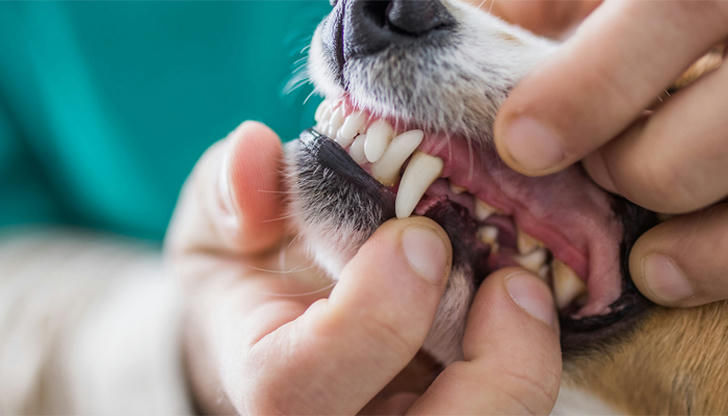
Taking care of your pets' oral health is a big deal – they need those chompers for munching and self-defense. Discomfortable, painful teeth and gums could lead to some serious health troubles.
To keep your dog or cat healthy, make sure to take care of their teeth and be aware of the following 7 common signs of trouble.
1. Stinky Breath:

We all know pets aren't known for their minty breath. However, if their breath reeks like rotten eggs, it might be a sign of gum disease. The American Veterinary Dental Society says about 80% of dogs and 70% of cats have some gum disease by age three, especially smaller dog breeds.
But here's the kicker: it's not just about the smell. Ignoring gum disease can mess up your pet's teeth and jaw and lead to tooth loss. Plus, it can cause infections that mess with their heart, liver, and kidneys. So, if their breath is funky, vet time it is!
2. Changes in Eating Habits
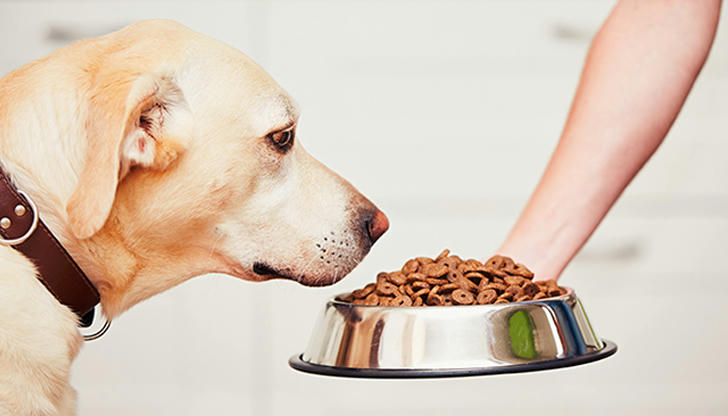
When your furball suddenly snubs their favorite treats or meals, it's a red flag, especially if there's no good reason for the change. Gum disease symptoms, like sore gums or infections, might throw off their appetite or chewing game.
If your pet's dining habits do a 180, and there's no diet overhaul to blame, hit up your vet for a chat.
3. Yellow or Brown Teeth:
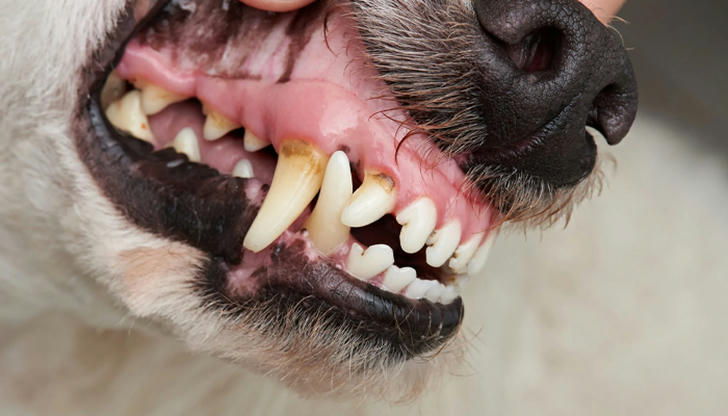
Spotting some funky-colored stains on your pet's teeth, especially near the gums? That's likely dental plaque setting up camp. Regular brushing with pet toothpaste and tossing them some dental treats can help keep plaque from throwing a party in their mouth.
But if plaque's already moved in, it's time for pro-intervention. Your vet can carefully scrape away the buildup to lower the risk of your furry buddy getting hit with tooth decay.
4. Swollen or Bleeding Gums:
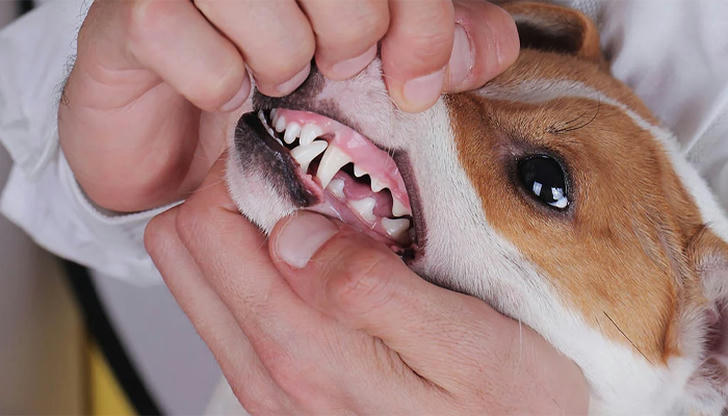
If you notice your pet's gums look like they're throwing a tantrum – swollen, red, and maybe even bleeding – it's usually a sign indicating gum disease or some other irritating infection. Not only can these conditions leave your furry pal feeling downright miserable with aching jaws and throbbing teeth, but they can also pave the way for more serious complications if left unchecked.
The vet will diagnose and address the issue, which might involve a thorough deep cleaning session to remove stubborn plaque and bacteria. In some instances, a tooth or two might need to be ousted from the mouth's premises for good measure.
5. Growths on The Gums:
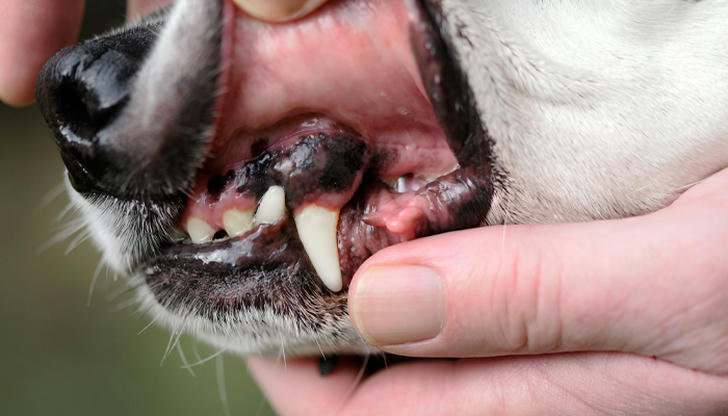
If you notice any mystery bumps or growths anywhere in your pet's mouth, it's vital to schedule a veterinary appointment promptly. These growths on the gums could potentially indicate serious issues like tumors, which may require swift intervention, including surgical removal, possibly necessitating the extraction of affected teeth for your pet's overall health and comfort.
Regularly checking and cleaning your pet's teeth can help you spot these growths early when they are more manageable and easier to address.
6. Excessive Drooling:
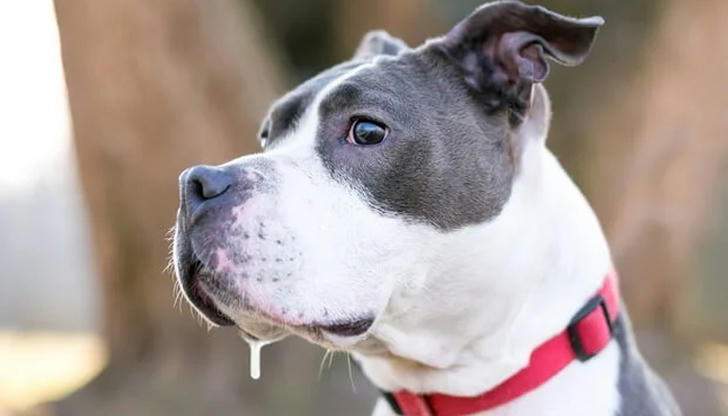
Sure, some pooches are known for leaving behind a slimy trail, but if your furry friend suddenly turns into a drool factory, pay attention. It could be a sign of a health hiccup like them making more spit than usual or having trouble swallowing it down.
This extra drool might point to dental dramas like gum disease, wiggly teeth, or a gnarly tooth abscess from bacteria or an injury. If your vet spots an abscess, they might suggest yanking the tooth and tossing in some antibiotics to kick out the infection.
7. Pawing at Their Mouth:
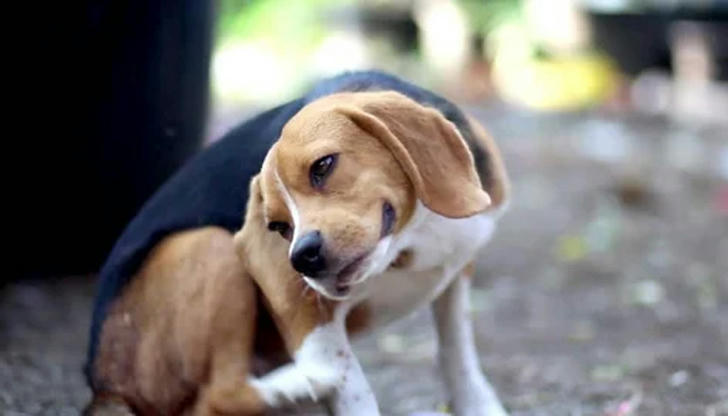
If you see your pet frequently pawing at their mouth, they could be experiencing teething or more serious issues like dental pain or a tooth abscess. If they're okay with it, check their teeth and gums for anything that could be bothering them, like food stuck or unusual items.
If you can't figure out what's causing their discomfort, it's time to schedule a vet visit.
How to Keep Your Pet's Teeth in Check:
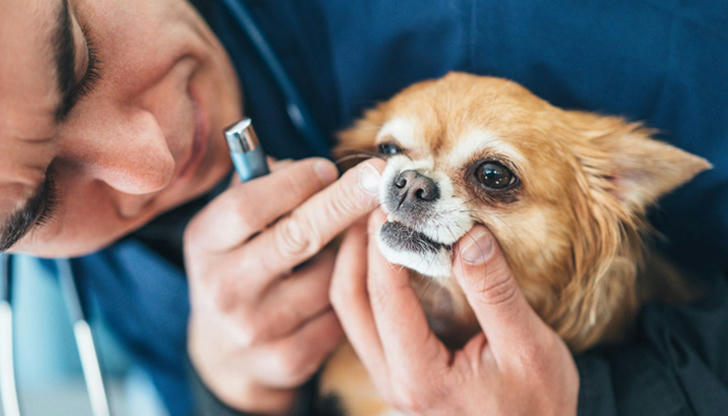
Taking care of your furry pal's teeth isn't rocket science – it's a lot like tending to your own pearly whites. Keep their oral game strong by serving up a balanced diet, giving their teeth a scrub-down daily, and booking regular checkups with your friendly neighborhood vet. But hey, just like us, many critters are more prone to dental drama as they clock more years.
There are plenty of dry foods out there designed to double as tooth scrubbers when your pet chows down – chat with your vet to pick the right fit for your buddy. Aim to brush their teeth once a day using pet-friendly toothpaste and brushes. Quick reminder: never bust out the human toothpaste or hygiene gear for your furry friend.
